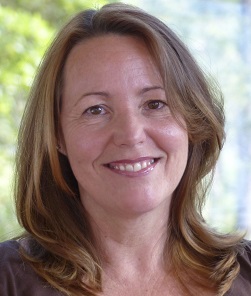HUMAN FLOURISHING and HUMAN LANGUISHING
Continued from my last blog...
One slide per post from Professor Durie's presentation at the Conference.
'Professor Durie is one of New Zealand's most respected academics, and was knighted in 2010 for services to public and Maori Health. I was captivated by his presentation and in particular the research questions he posed after each element of his expansive presentation.
Cultural Pathways was one such element and the emphasis on generational transfers that enable Human Flourishing for Maori.
Other PATHWAYS presented:
- Family and Whanau Pathways
- Societal Pathways
- Environmental Pathways
Research Question
Language revitalization and social media?
(2) Generational transfers.
Research Question
International transfers in a global world?'
When I launched my 2nd book in New Zealand May 2016 one of the common threads of conversation - as I traveled - was the disconnect Maori people can experience when they move away from their Iwi's for work opportunities in larger town, cities or overseas. Professor Durie raised the question how, do we ensure that those Whanau connections - so important - be sustained?
Just how important the Biennial International Indigenous Research Conference is in a Global Context became very evident by the end of the Conference. I highly recommended it for those who work in this space or have an interest in these areas.




















